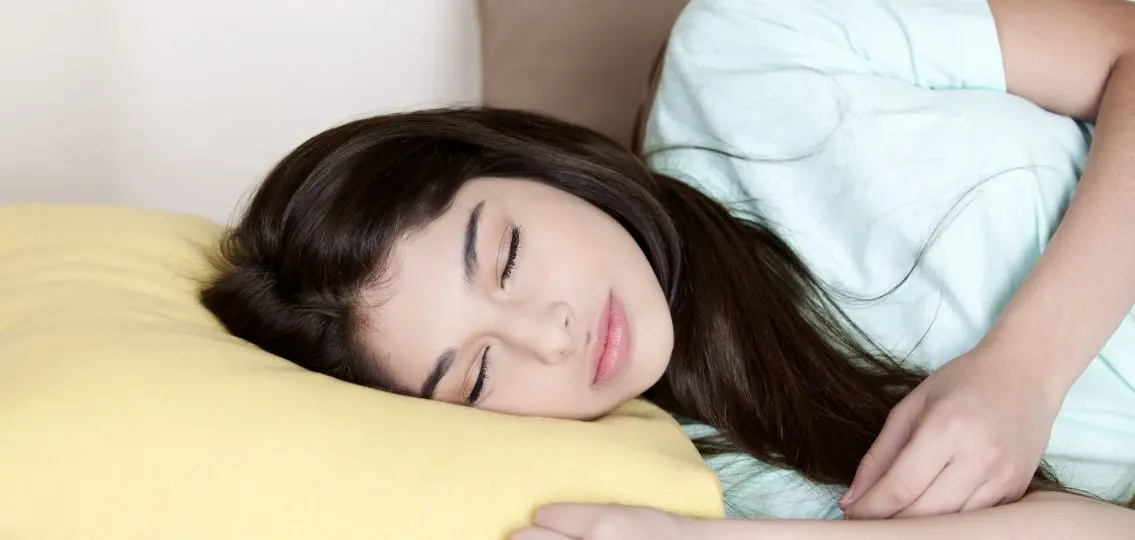It’s a common dilemma. You know how important sleep is for teenagers and how critical for teen health. You’ve heard the health tips for teens which warn that most teens aren’t getting enough sleep. Your teenager, who works hard all week long, likes to sleep in on weekends, often stumbling out of bed in the early afternoon.

To wake or not to wake: Is sleeping in bad for your teen?
Though your teenager will not thank you, says Dr. John Duffy, you should be waking him up at a reasonable hour on weekends.
3 Reasons that Support Waking a Sleeping Teen:
 1. Structure is important.
1. Structure is important.
Teenagers need structure, explains Duffy, a Chicago-based psychologist and author of The Available Parent: Radical Optimism for Raising Teens and Tweens. “Sleeping the day away can drive some poor habits. So, difficult as it is, I strongly encourage parents to wake teenagers up on the weekends. Of course, it doesn’t need to be as early as it would be during the school week. It’s the structure that is critical.”
2. Structure leads to personal responsibility.
Structure helps teenagers develop self-regulation—such as not staying up all night and sleeping in all day—an important skill that they will need to be successful in college and beyond.
3. A routine makes the school week easier.
When teens sleep in, they go to bed later. That means Monday mornings are a disaster with your teenager struggling to get up in time for school and they’re catching up all week.
How to Sell the Idea to Your Teen:
So how should you start if you—like many of us—have a teenager who doesn’t rise until well after noon? Tell your teenager you’ll be waking her up on weekends, with the goal that she’ll be doing it on her own within a reasonable time frame.
“The sooner your teenager is responsible for waking herself up, both during the week and on the weekends, the better—both now and in the long run,” explains Duffy.
“It’s critical to remember that fostering competence and resilience are among the most important goals of parenting. The more we helicopter and do for our teenagers, the more we are taking away that potential from them, even in matters that feel as trivial as the alarm clock.”
Duffy recommends introducing the idea over dinner or in the car (not when your teenager wanders downstairs at 1 p.m. on a Saturday). That’s what Cleveland-area mom Jill Davidson did with her own son—when he was 12, he routinely slept until noon on weekends. Monday mornings were always awful, as Davidson’s son could not get to sleep at a reasonable hour on Sunday night. So, the two reached an agreement that he’d get up, at latest, by 11 a.m. on weekends. But after hearing Duffy’s advice, Davidson and her son had a second conversation. He switched to getting up at 10 a.m.

“He was only 12, but it was a good time to change the pattern,” says Davidson. “Better to start him understanding that sleeping the day away is not healthy.”






